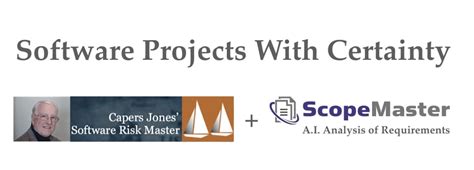A Quote by Bruce Schneier
Microsoft knows that reliable software is not cost effective. According to studies, 90% to 95% of all bugs are harmless. They're never discovered by users, and they don't affect performance. It's much cheaper to release buggy software and fix the 5% to 10% of bugs people find and complain about.
Related Quotes
With software products, it is usual to find that the software has major `bugs' and does not work reliably for some users... The lay public, familiar with only a few incidents of software failure, may regard them as exceptions caused by exceptionally inept programmers. Those of us who are software professionals know better; the most competent programmers in the world cannot avoid such problems.
If I say I've got two versions of Word - that old one from 1982 that's perfect, with zero defects; or the new one that's got all this cool new stuff, but there might be a few bugs in it - people always want the new one. But I wouldn't want them to operate a plane I was on with software that happened to be the latest greatest release!
Every time we killed a thousand Bugs at a cost of one M.I. it was a net victory for the Bugs. We were learning, expensively, just how efficient a total communism can be when used by a people actually adapted to it by evolution; the Bug commisars didn't care any more about expending soldiers than we cared about expending ammo. Perhaps we could have figured this out about the Bugs by noting the grief the Chinese Hegemony gave the Russo-Anglo-American Alliance; however the trouble with 'lessons from history' is that we usually read them best after falling flat on our chins.
I'm not of the opinion that all software will be open source software. There is certain software that fits a niche that is only useful to a particular company or person: for example, the software immediately behind a web site's user interface. But the vast majority of software is actually pretty generic.
For many years, even as users became more sophisticated, personal computers took too much effort to use without problem-solving, keeping alive the yearning for greater simplicity. Microsoft's dominant Windows platform, in particular, was a home for all manner of bugs and problems that required IT people to straighten out.




































